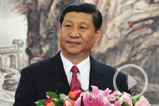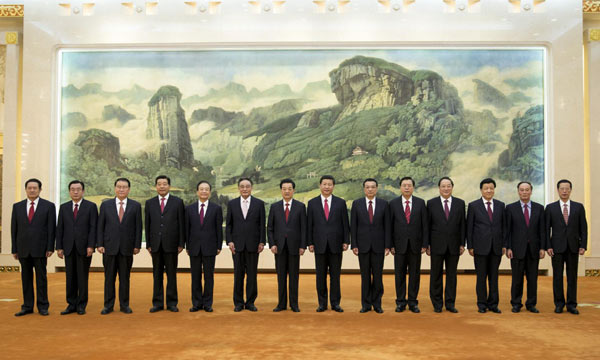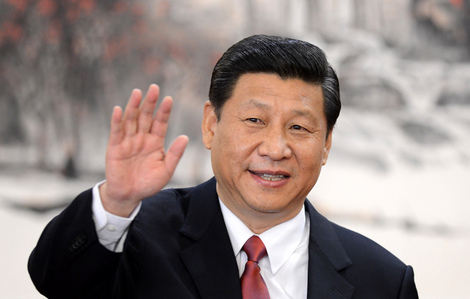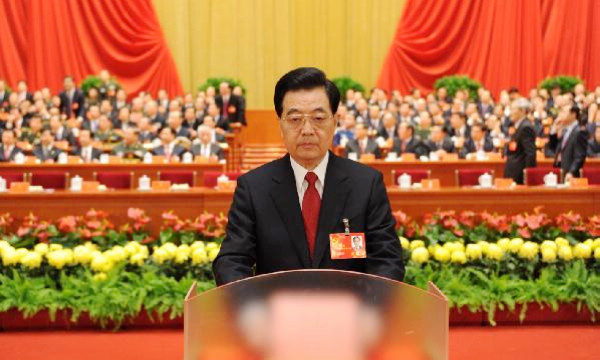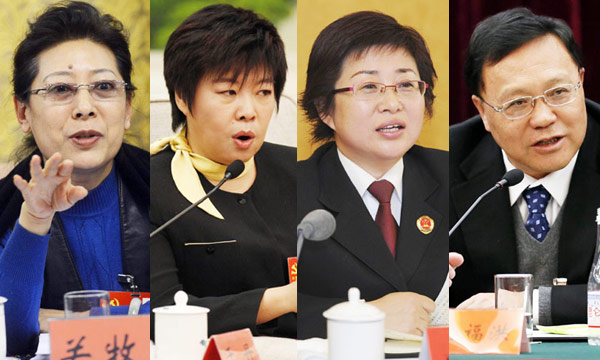Nation faces challenges as clean-energy leader
By Tim Campbell (China Daily)
Updated: 2012-11-09 07:51
The frequent stories about smog in China are covering up a development going on relatively unnoticed ... the rise of China as the clean-energy giant of the world.
Yes, you read that right.
Within our lifetimes, China could become the world leader in clean and renewable energy.
The country is already first in the world in generating capacity from hydropower. It is first in wind power generation, which is growing faster here than anywhere else. Use of photovoltaic power generation and solar heating are also on the rise.
As the country is still developing, the government has an opportunity, which it is taking advantage of, to build a more energy-efficient infrastructure.
|
 |
Such progress is visible to those of us who live in China's cities, whether it is escalators that slow when no one is riding them, lights that go off when the hallway is empty, and photovoltaic panels popping up on top of buildings and street lights.
With new leadership taking the helm during the 18th Party Congress, a renewed commitment to clean energy would be welcome around the world.
Yet that leadership has to deal with the reality that China is developing under the glare of higher environmental standards than existed when Western nations were at a similar point in their development.
Anyone who has been around the old cities of Europe, like London, Paris and Rome, can still see the grunge on the occasional Renaissance building that has not been cleaned since the Industrial Revolution poured clouds of coal into the skies. Yet China is doing what those nations failed to do - rapidly growing its economy while simultaneously reducing its dependence on fossil fuels like oil and coal.
Non-fossil energy production has reached 8 percent of the nation's primary energy consumption. That is targeted to reach 11.4 percent by 2015 and 15 percent by 2020. Emission levels of CO2 are also expected to be at least 40 percent lower per unit of GDP by that time as well.
In Western nations, the oil industry and its pit-bull lobbyists have such a hold on governments, especially the US, that movement away from massive oil and gas consumption is politically untenable.
Not so here. In fact, just the opposite is true. Left unchecked, energy-inefficient industries would increase pressure on limited resources that would be under greater demand, driving up world prices and putting a damper, if not a stop, to its continued growth.
With Chinese industry currently using about 70 percent of the country's energy, it is clear to see what a strain that would put on the nation's ability to power its economy forward.
Even now, the country puts limits on energy use, which ironically has some terrific side effects. Limiting the use of air-conditioning indoors is a wonderful policy for those of us who don't like our air temperature to hover around 5 C, as it does in many place in Hong Kong, where it is frequently colder inside in the summer than it is outside in the winter.
There could be a regulation against putting air conditioners on outside patios, though. I mean, really ... do I need to explain this one?
Yes, the nation takes a bad rap for the smoggy days that can descend on cities like a blanket, slowing traffic and hampering airports.
Yet below this is the growing phenomenon of clean energy, which is still not getting the headlines it deserves.
The future health, stability and strength of the Chinese economy can only be through clean energy, and it is this banner that the new slate of leaders have the opportunity to grab onto and wave high, setting a direction for the rest of the world to follow.
Tim Campbell is a senior copy editor at China Daily. He can be contacted at timcampbell324@hotmail.com
Related Stories
China's clean-energy-generated power usage rises 2012-10-24 16:35
Huaneng taps clean energy in Tibet 2012-10-04 17:18
China consumes more clean-energy-generated power 2012-09-20 15:35
Investment in clean energy, eco protection sectors drops 2012-08-23 21:25
Clean energy sources generate more power 2012-08-21 18:27
2011 clean energy patents at new high 2012-06-13 15:34
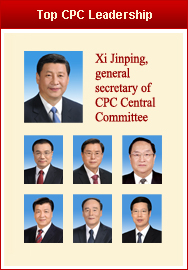
Top News
Xi emphasizes adherence to CPC Congress spirit
Top legislator urges implementation of congress spirit
Moderately prosperous China brings chances to world
Video
